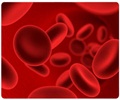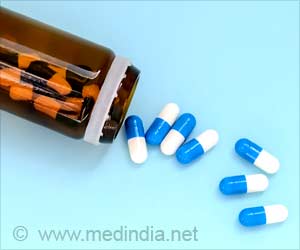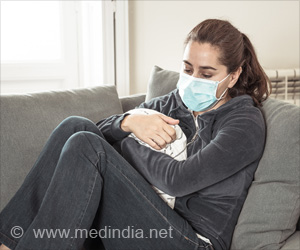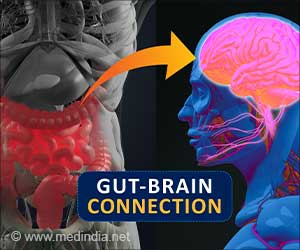A multi-center analysis of COVID-19 patients showed that COVID-19-associated blood clotting occurs in patients requiring intensive care or in patients who die as a result of COVID-19.
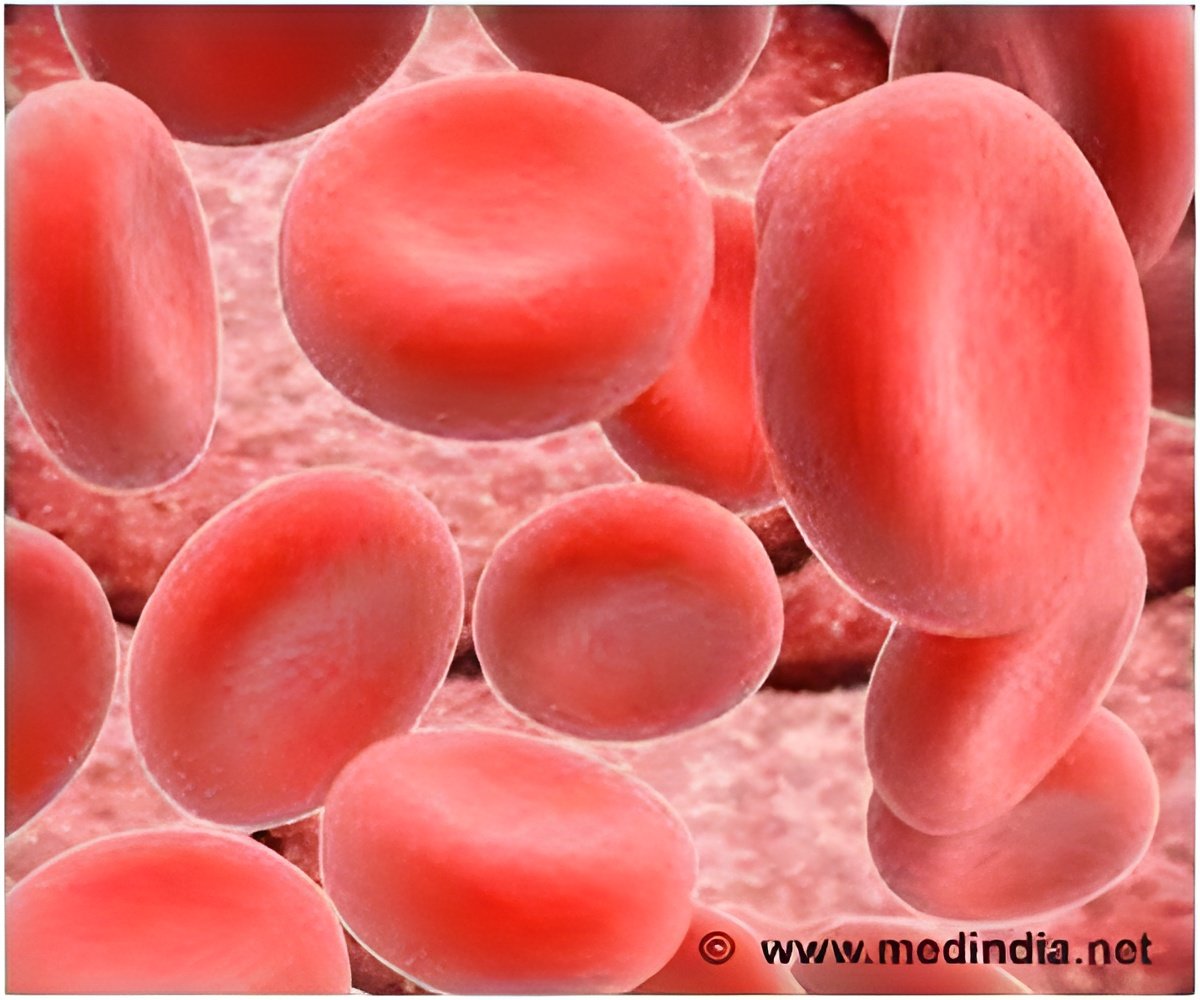
‘Anticoagulant drugs improve the survival of COVID-19 patients but show no effect on processes related to blood clotting.’





One of these functional systems is blood clotting. The use of drugs that inhibit blood clotting has been part of the treatment guidelines for COVID-19 since July 2020."These complications during hospitalization have a direct impact on the well-being of patients and increased the risk of dying from COVID-19," reports David Pereyra from MedUni Vienna’s Department of General Surgery, who is the first author of the publication.
COVID-19-associated blood clotting displays characteristics that, although partially comparable with other coagulation diseases, cannot be fully explained by them.
Later, analyses showed that the period of active COVID-19 infection is curtailed in patients treated with low-molecular-weight heparin, the most commonly used anticoagulant.
In patients who receive this drug, infection time is an average of four days shorter than in patients who are not treated with low-molecular-weight heparin.
Advertisement
These observations underscore the relevance of good cooperation during the COVID-19 pandemic for a better understanding of the disease and its treatment.
Advertisement
Source-Medindia


